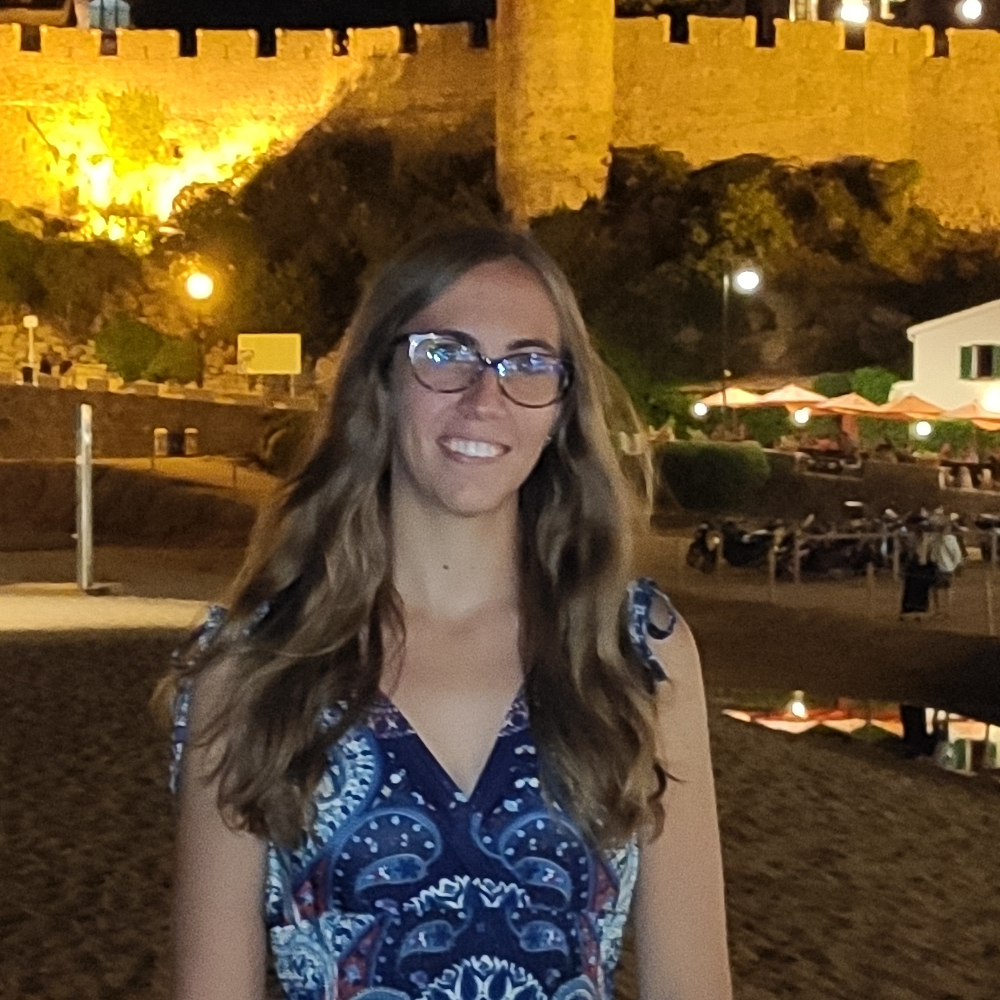You are here :
- EUTOPIA website
- Home
- Research & Innovation
- Fellowship
- SIF - Post-Doctoral Fellowships
SIF 2nd Cohort Fellows - Irene Casademont Reig, Vrije Universiteit Brussel

Curriculum Vitae
- Education
13/09/2016, MSc. Universitat de Girona (Spain), Advanced and Molecular Modelling (Chemistry)
22/06/2015, BSc. Universitat de Girona (Spain), Chemistry
- Experience
Description: Research related to aromaticity in excited states.
23/09/2019 – 23/12/2019, Visiting predoctoral researcher, Hylleraas Center for Quantum Molecular Sciences (Norway)
Description: Ph.D. 3-month secondment doing research on fundamental basis and applications of Computational Catalysis.
22/07/2013 – 30/09/2016, Research student/scholar, Institut de Química Computacional i Catàlisi (Spain)
Description: She was collaborating in different research tasks of the Theoretical Chemistry section of the Institut
16/06/2014 – 08/08/2014, Trainee student, IRTA Monells (Spain)
Description: Industry laboratory placement/residency at IRTA Monells public company. She was involved in a project that used optical, electrochemical, physical, and chromatographic methods to determine bioactive compounds in food.
-
Publications/Research achievements
ResearchGate
Web of Science
Research Project:
Exploiting Excited-State Aromaticity for the Design of Photoactive Porphyrinoid Materials
Electron excitation by photons is a key fundamental process to enhance the efficiency of photovoltaic devices. Singlet-fission materials have the potential to surpass the efficiency of such devices as they can generate two excitons from a single photon, affording quantum efficiencies up to 200%. A big challenge is to find chromophores that fulfill the strict energetic requirements for singlet fission with high photostability. In this project, we exploit the concept of excited-state aromaticity to manipulate the excited-state energy levels and stability of porphyrinoid macrocycles to design promising building blocks as singlet-fission materials. To assess excited-state aromaticity, both advanced quantum chemical calculations and ultrafast time-resolved experiments will be performed. To accelerate the discovery of stable singlet-fission materials, inverse design approaches will be implemented to devise functionalized macrocycles with optimal excited-state properties.
The primary host of this interdisciplinary project is the Vrije Universiteit Brussel (VUB), where the theoretical and computational part of the project will be conducted. The integration of the research project in the EUTOPIA Alliance environment involves the experimental collaborative support of the University of Warwick (UoW), as the co-host.
https://www.vub.be/en


